When I was in isolation for radio-active iodine treatment, I was in so much pain from being off my thyroid meds for weeks that I actually wanted to die. This state of accepting and even wanting death was incredibly peaceful and blew the lid off of every idea I had ever had of death prior to that moment.
I’ve spoken with many other patients who have had deeply pivital moments during cancer care, some relating to death and some relating to other facets of life. Here’s one such moment from Seth, a 30-something lymphoma patient in Everything Changes, who recalled being deathly ill in the hospital and how it changed his understanding of what compassion means:
“I had a constant flow of tears. That is where I connected into what God and spirituality are. It is the brokenheartedness of feeling complete desperation. My heart was cracked open, and there was this incredible tenderness inside. Everybody has this tenderness, we just don’t know how to get there. This fragile state is the closest to being at one with God or the universe. That vulnerable and raw reference point is the greatest teacher. That is where the Dalai Lama, Mother Teresa, and the really compassionate people of the world are coming from. They have a constant access to this deep understanding of what it is to be human and what it is to experience pain.
“To me, this is the most real place, but it’s raw and uncomfortable, so why would you want to go there? We do everything we can in our power to run from that painful, ugly place. It is not necessarily what we would think of as positive. But it is real. We rush around our lives wanting happiness, but it evades us because we are not willing to touch what is real. We think, Oh, it is money or success or things being a certain way that will bring us happiness or satisfaction. But I think it actually comes from that brokenheartedness, which is our true humanity. It is the place where we are our weakest and our strongest. From that place, you can relate to anyone. If you find the ability to hold these paradoxes, you actually have more of a capacity to live fully and to cope with the fact that life is full of paradoxes like this.”
Have you had moments as a result of illness that you describe as epiphanies or profound realizations that you have carried out into your life beyond illness? Do you share this experience with other people or keep it private?
![]()
![]()

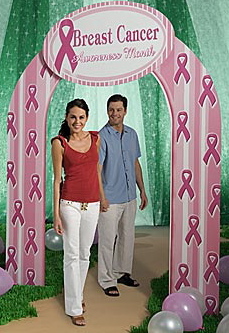
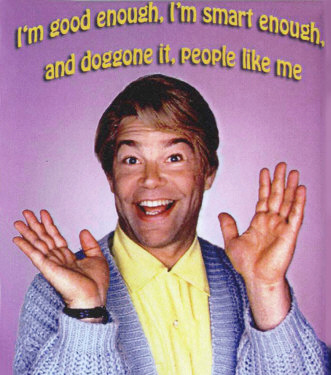
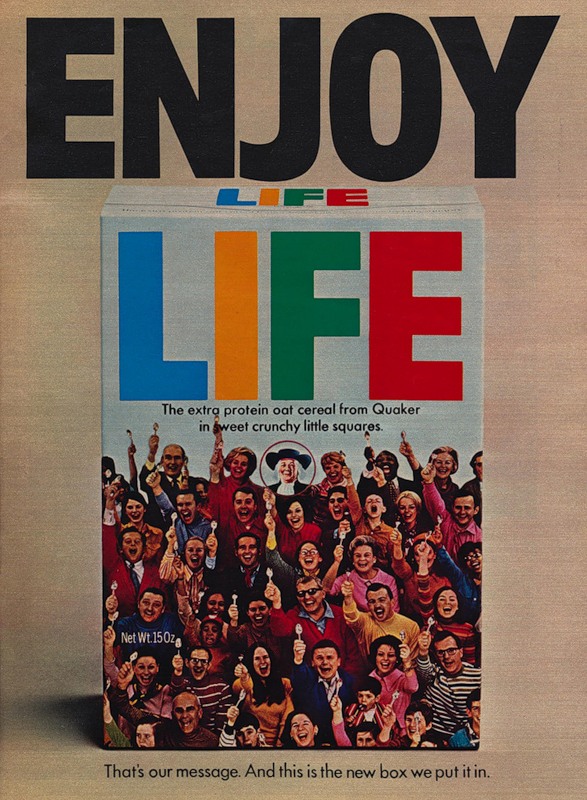
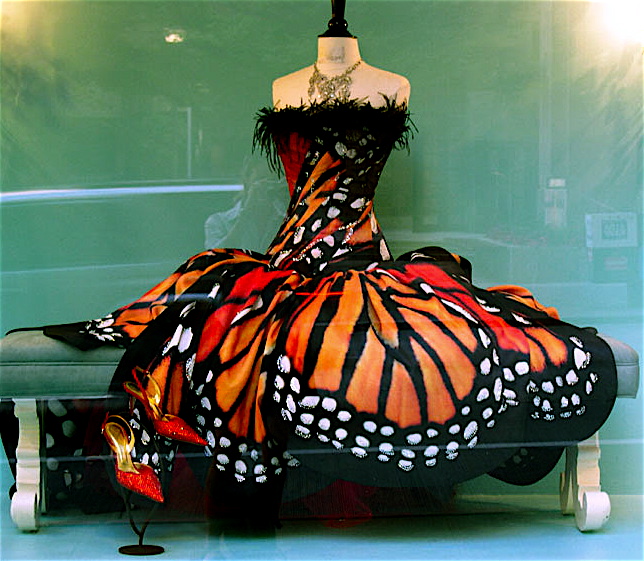

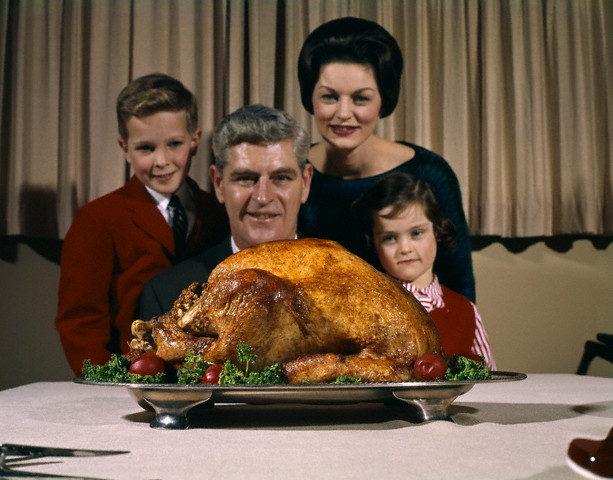
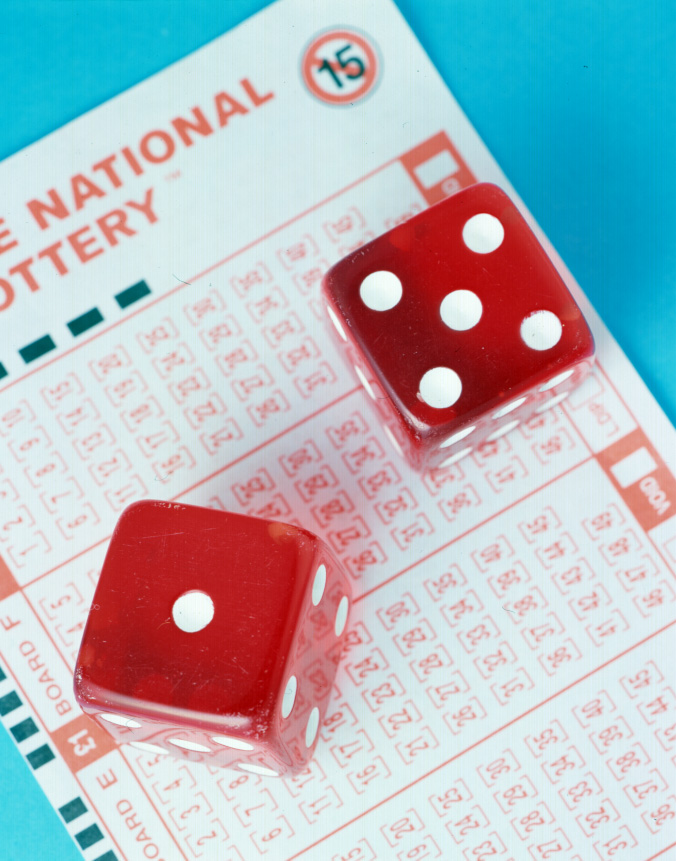
 “Everything Changes is, without doubt, the most forthright, emotionally sophisticated, and plain-old valuable book of its kind I've seen.”
“Everything Changes is, without doubt, the most forthright, emotionally sophisticated, and plain-old valuable book of its kind I've seen.”












